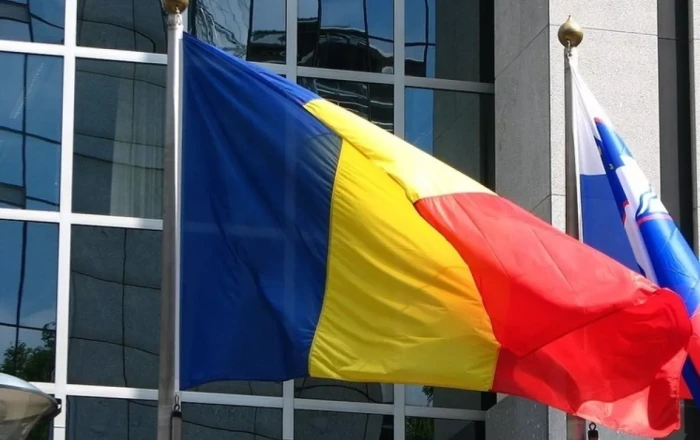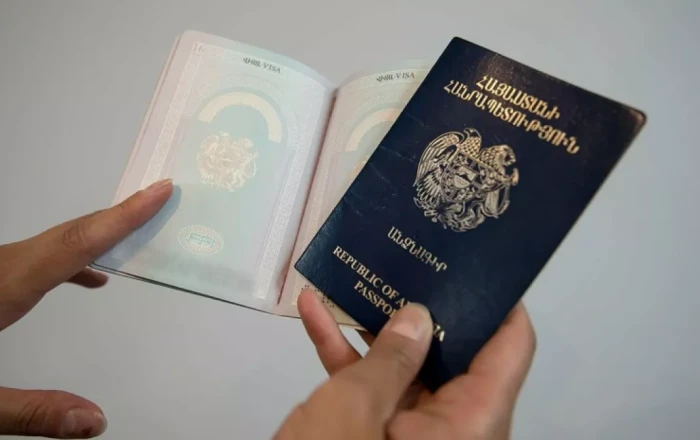Thousands of transgender rights activists have gathered in central London on April 19 for an "emergency demonstration" in Parliament Square, protesting a recent UK Supreme Court ruling that has clarified how a woman should be defined in law.
The protest follows the Court's unanimous decision on April 16, which declared that, for legal purposes and the execution of the 2010 Equality Act, the term “woman” refers solely to someone born biologically female, as per Sky News.
It does therefore, under certain areas of the law, not include individuals that have obtained gender recognition certificates after transitioning to another gender.
The case initially arose from a 2018 Scottish law mandating that women must make up at least 50 percent of board members on public bodies. The legislation would have counted transgender women with gender recognition certificates as part of that quota. However, the Supreme Court determined that this interpretation conflicted with the definition of "sex" under the 2010 Equality Act, which, the Court ruled, refers strictly to biological sex. Therefore, gender recognition certificates cannot redefine a person’s sex in this legal context.
According to census data, around 116,000 individuals in England, Scotland, and Wales identify as transgender. Approximately 8,500 people have been issued gender recognition certificates. Following the ruling, the UK government welcomed the decision, saying it brings "clarity and confidence" to women and service providers.
The decision has been praised by supporters of single-sex spaces, including the British author of the vastly popular Harry Potter saga, J.K. Rowling. Rowling, who reportedly helped fund the legal challenge through the group For Women Scotland, applauded the ruling on social media. In a post on X (formerly Twitter), she wrote, "It took three extraordinary, tenacious Scottish women with an army behind them to get this case heard by the Supreme Court and, in winning, they've protected the rights of women and girls across the UK."
Despite the Court explicitly affirming during the announcement of their decision that transgender individuals remain protected from discrimination under the Equality Act, the ruling has prompted alarm among transgender advocacy groups, who claim it could lead to the erosion of existing rights and increased exclusion from public life.
Concerns have also been raised by the Equality and Human Rights Commission. Its head indicated that the ruling might justify excluding transgender women from single-sex spaces such as women’s toilets, hospital wards, and sports teams. These spaces are protected under the Equality Act and are meant to provide safety and privacy for users based on biological sex.
By Nazrin Sadigova
Source: caliber.az












